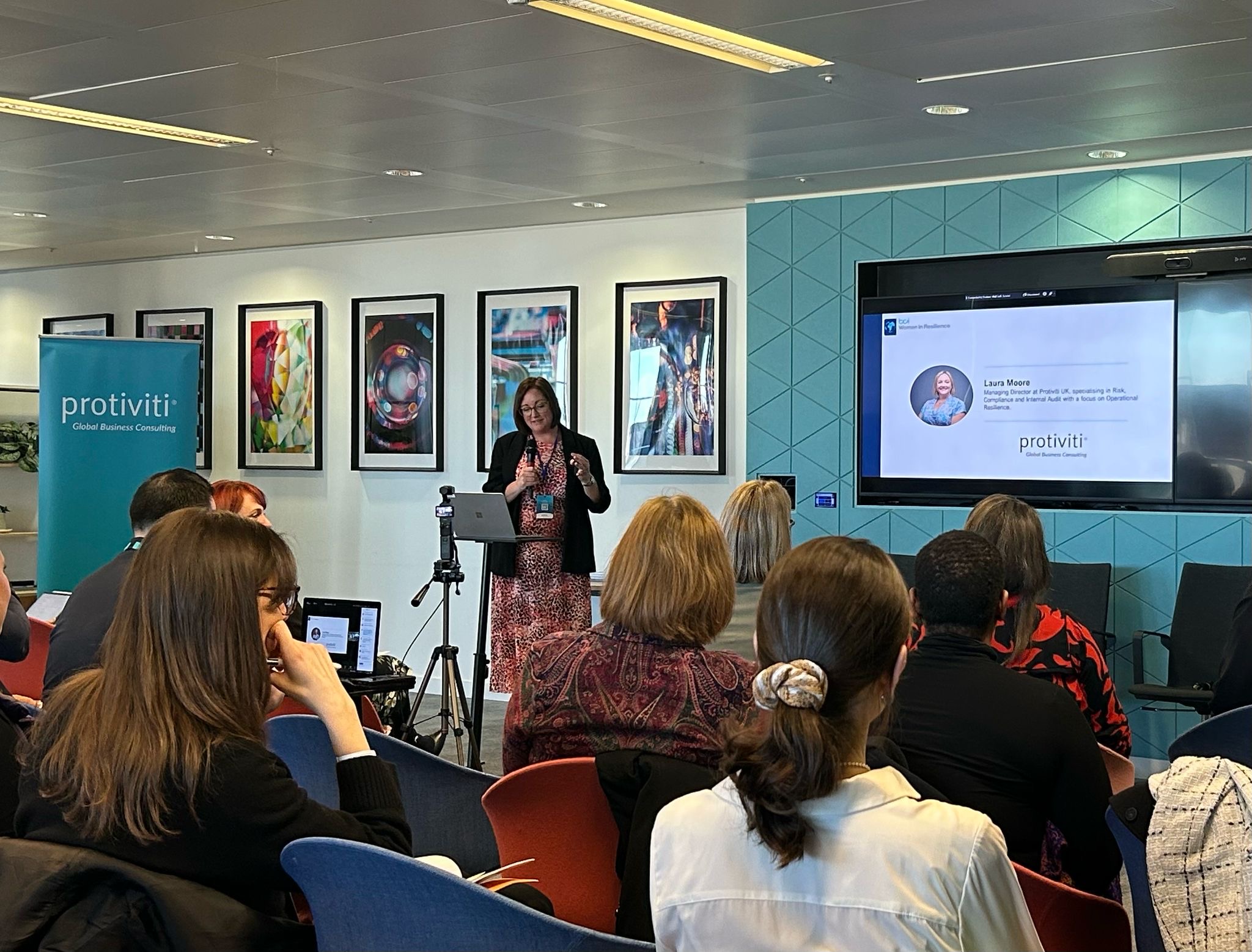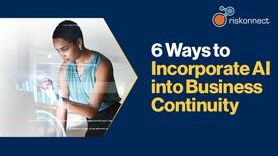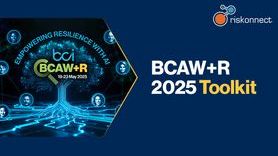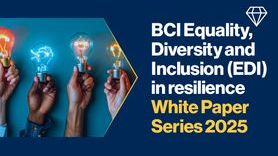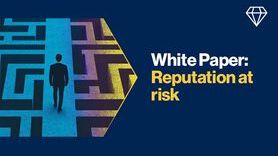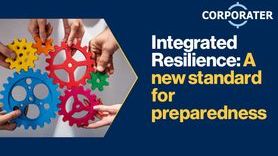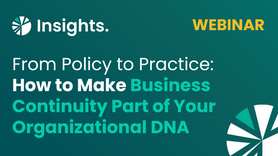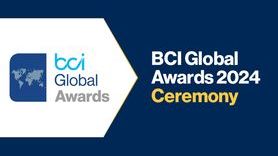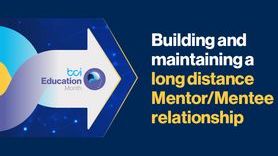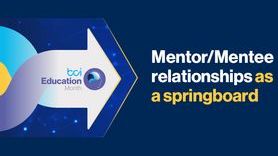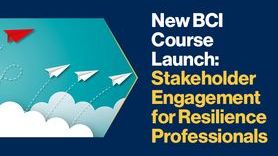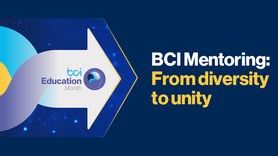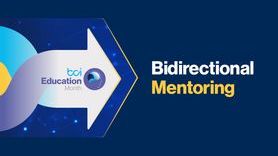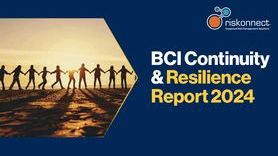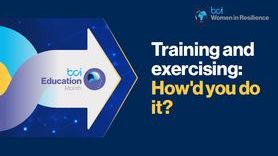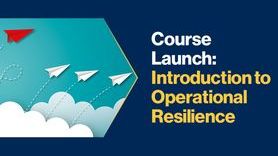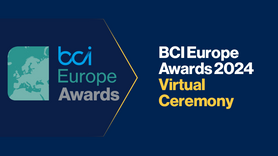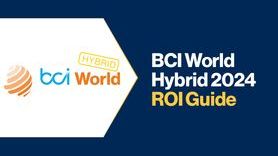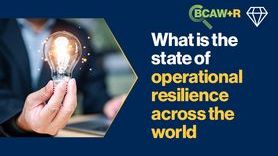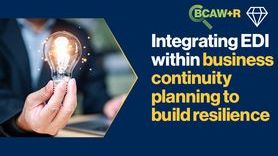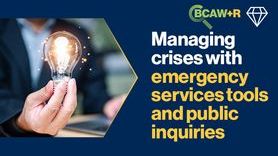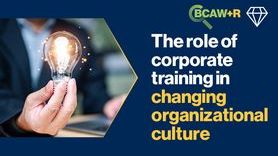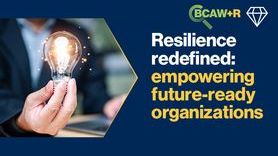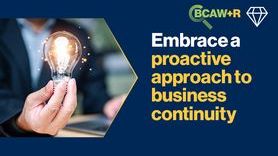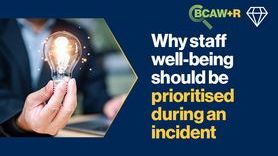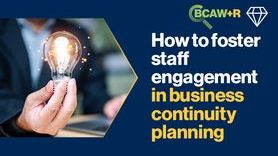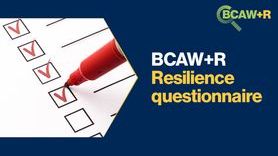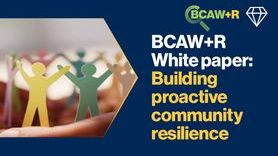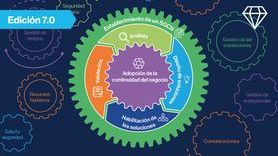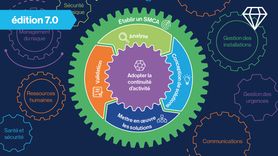BCI Women in Resilience Special Interest Group: International Women's Day Event
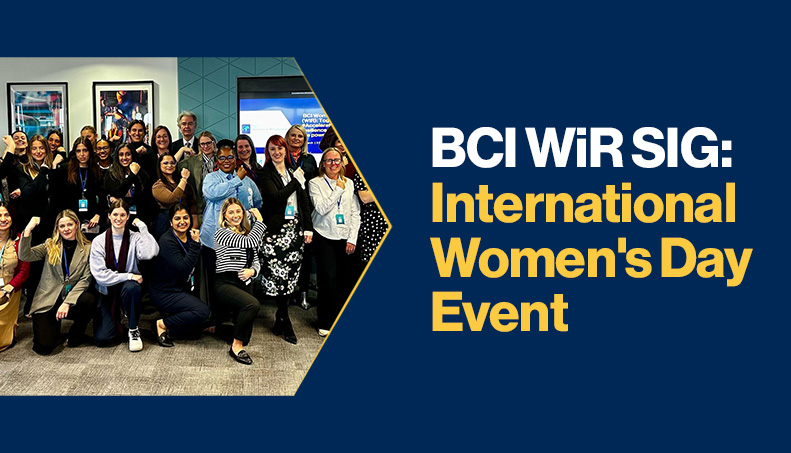
Introduction
The BCI’s Women in Resilience Special Interest Group (SIG) celebrated International Women’s Day & Women’s History Month with an insightful and inspiring event titled “Together We Thrive: #AcceleratingAction in Resilience through Allyship and the Power of Community.” Held at the Protiviti Offices at The Shard, London on the 4th of March 2025, the event brought together industry leaders to discuss leadership, allyship, and fostering inclusion in the resilience industry. Krysta Broughton Munford, Vice-Chair of Women in Resilience, opened the event by welcoming attendees and expressing gratitude to Protiviti for sponsoring the discussion. Laura Moore, Managing Director at Protiviti UK, welcomed everyone to their office for this event. She highlighted Protiviti’s commitment to supporting initiatives that engage in thoughtful dialogue.
Keynote: Sarah Atkinson on EDI & Allyship
Sarah Atkinson, EDI Consultant at the BCI, delivered a compelling keynote on BCI’s research on Equality, Diversity, and Inclusion (EDI) and the necessity of embedding inclusivity in resilience.
Sarah highlighted that diversity goals must evolve beyond static metrics, encouraging organizations to reassess aspirational targets to ensure real impact. She emphasized standardizing recruitment and mentorship practices, fostering open access to opportunities, and shifting hiring discussions from "cultural fit" to a skills-focused approach. She also introduced the concept of lending privilege through credibility, network access, and expertise lending, ensuring that underrepresented voices are amplified... Sarah expanded on the concept of inclusive hiring and mentorship, emphasizing that organizations must go beyond policies and actively create equitable pathways for professional development. She highlighted how access to mentorship and leadership networks is a key factor in shaping careers, particularly for underrepresented groups. She challenged organizations to move from passive diversity initiatives to measurable, actionable strategies that drive long-term change.
Sarah concluded by announcing the launch of the BCI EDI in Resilience Report on March 26, 2025, and left attendees with a powerful question: “What action will you take to be an EDI ally or accelerate action in resilience?”
Paul Williams on Leadership & Operational Resilience
Paul Williams, President of the Electric Infrastructure Security (EIS) Council, spoke about the evolving role of leadership in resilience. He distinguished between management and leadership, emphasizing that leadership is about empowerment, removing obstacles, and supporting teams rather than micromanaging.
Paul emphasized that strong leadership is about clearing obstacles for teams, not micromanaging. He introduced the concept of “runway clearing,” where leaders remove barriers to enable their teams to perform effectively. He also stressed the need to adapt leadership language to different audiences, ensuring inclusivity in communication. Drawing from his expertise in developing Operational Resilience (Ops Res) regulations, Paul highlighted the importance of clarity, hiring the right talent, and continuous mentorship.
He elaborated on the importance of emotional intelligence in leadership, explaining that resilience leaders must recognize the strengths of their teams and create conditions for them to excel. He urged leaders to focus on mentorship and long-term professional development, advocating that leaders should not be intimidated by high-performing employees but should actively nurture their growth and ambitions. His discussion provided valuable insights into how resilience professionals can strengthen leadership effectiveness.
Sissel Heiberg on Inclusive & Quiet Leadership
Sissel Heiberg, author of Quiet Leader and founder of Foss & Bjørn, provided a compelling discussion on inclusive leadership, redefining traditional leadership models, and the strengths of introverted leaders in resilience. She challenged the conventional belief that effective leadership is defined by dominance and extroversion, instead advocating for leadership that values thoughtfulness, deep listening, and intentional decision-making.
She addressed the biases that often limit quiet leaders, particularly Action Bias (the assumption that immediate action is always better than reflection) and Dominance Bias (favoring louder, more forceful personalities in leadership roles). Sissel demonstrated how reflective leadership brings depth and long-term vision, particularly in resilience, where calculated responses are often more effective than knee-jerk reactions.
She outlined several critical strengths of introverted leaders that contribute to resilience: reflection, self-awareness, listening & observing, referring to studies which showed that the brains of introverts are strong on problem-solving, planning, and memory. She emphasized that leadership should be adaptive, requiring leaders to treat people how they want to be treated, rather than adhering to a one-size-fits-all approach.
Her insights reinforced the idea that resilience is strengthened when different leadership styles are embraced and valued, ensuring a broader perspective in crisis decision-making and business continuity planning. She encouraged attendees to redefine success in leadership, urging them to leverage diverse approaches for greater resilience impact.
Mel Stiffel on Networking & Parity in Leadership
Mel Stiffel, Chief Information Security Officer (CISO) at OFI, opened her session with a thought-provoking statistic: “We will reach gender parity by 2158 if we continue at our current pace.” This set the stage for her discussion on networking, career advancement, and the role of leadership in accelerating change.
Mel highlighted that networking does not work the same way for everyone, acknowledging that individuals with significant personal commitments may struggle with traditional networking approaches. Instead, she advocated for building lasting professional relationships and being authentic in leadership. She emphasized that leaders must create an environment where people feel comfortable saying, “I don’t know,” and embracing learning as part of career development.
Mel also discussed the broader implications of gender parity, emphasizing that equality in leadership benefits not just women, but the entire workforce. She urged organizations to implement policies that create equal opportunities for career progression, ensuring that leadership development is accessible to all. Her talk resonated with attendees, reinforcing the message that leaders must proactively create space for underrepresented voices, advocate for systemic change, and model the behaviors needed to foster inclusivity in resilience leadership.
Conclusion
The Women in Resilience event was a powerful platform for discussion, learning, and collective action. The speakers shared valuable insights on leadership, allyship, diversity, and resilience, encouraging attendees to challenge biases, advocate for inclusion, and accelerate action within the resilience industry.
As the resilience industry continues to evolve, this event underscored the importance of collective action, inclusive leadership, and proactive allyship. The conversations that took place will inspire tangible actions that help shape a more resilient and equitable future for all professionals in the field.
Photos from the event
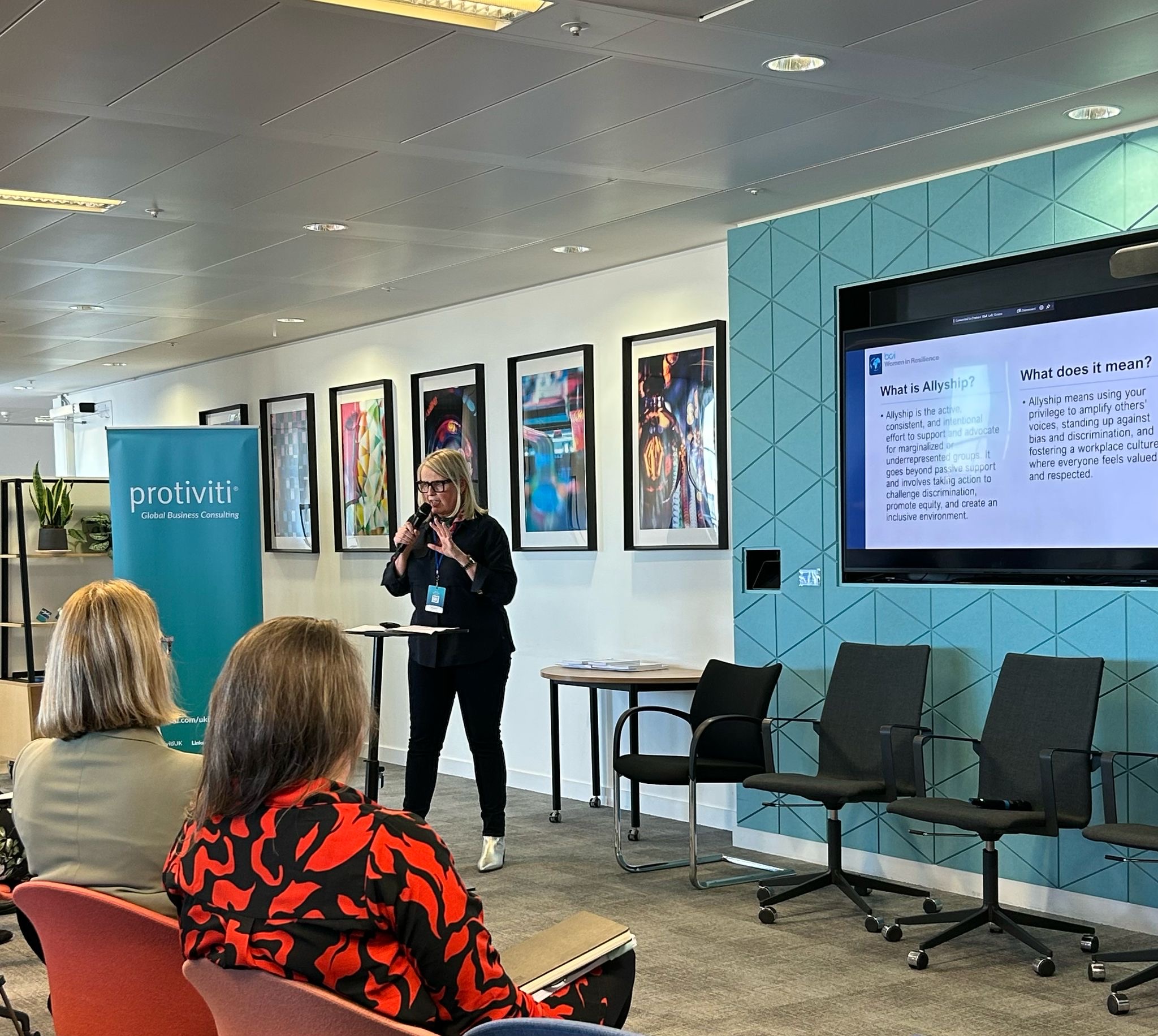
1 of 8
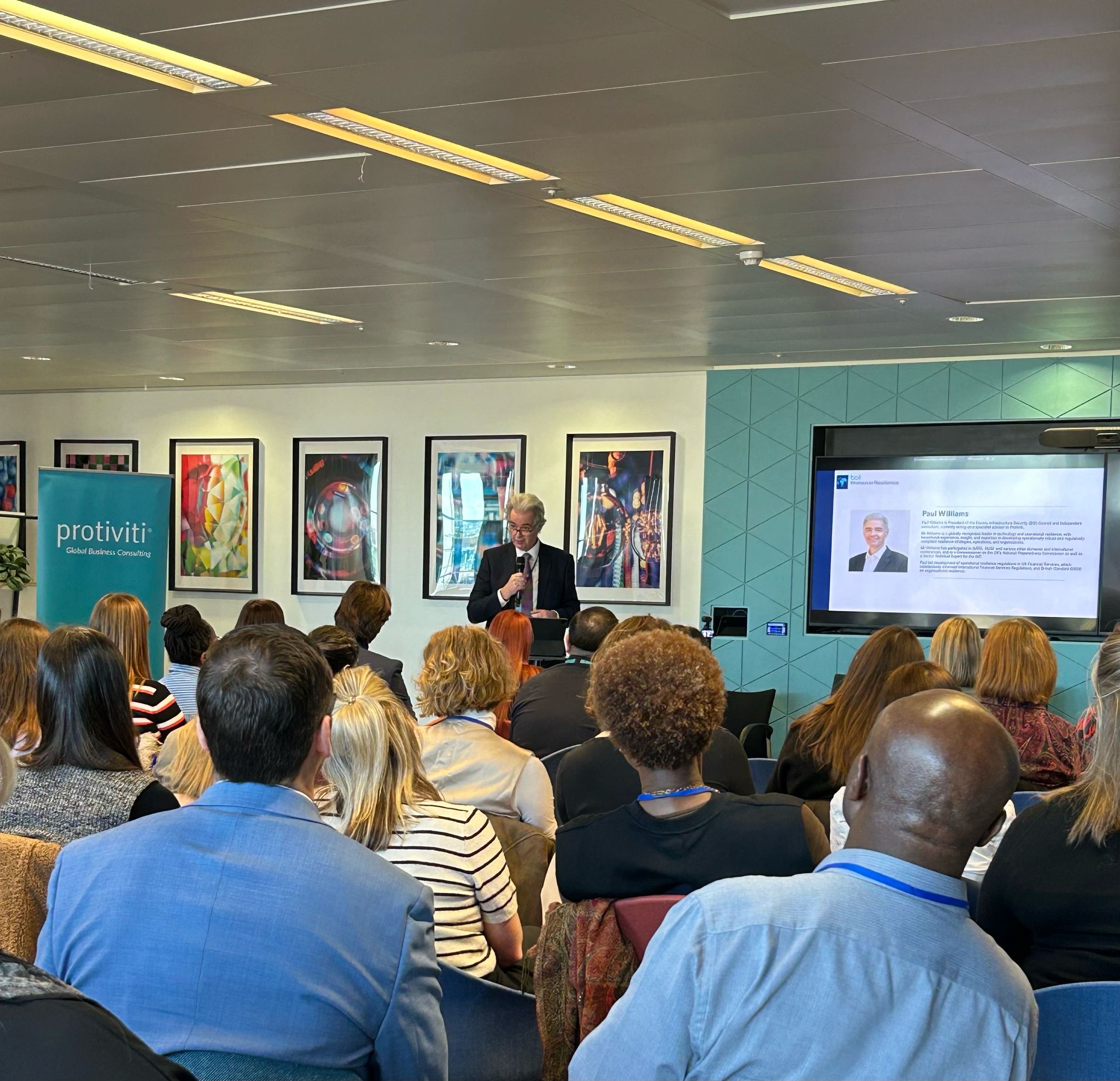
2 of 8

3 of 8
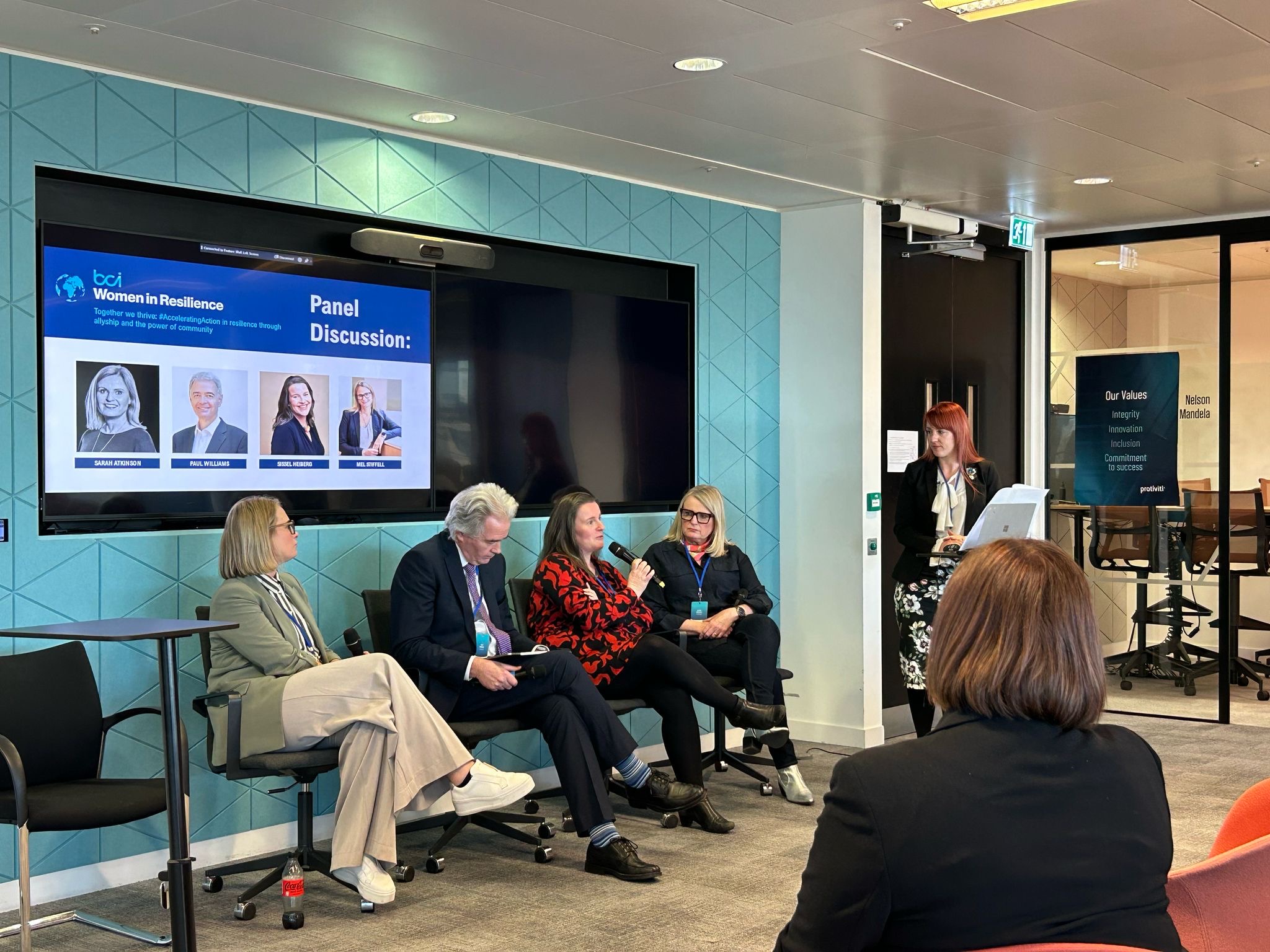
4 of 8
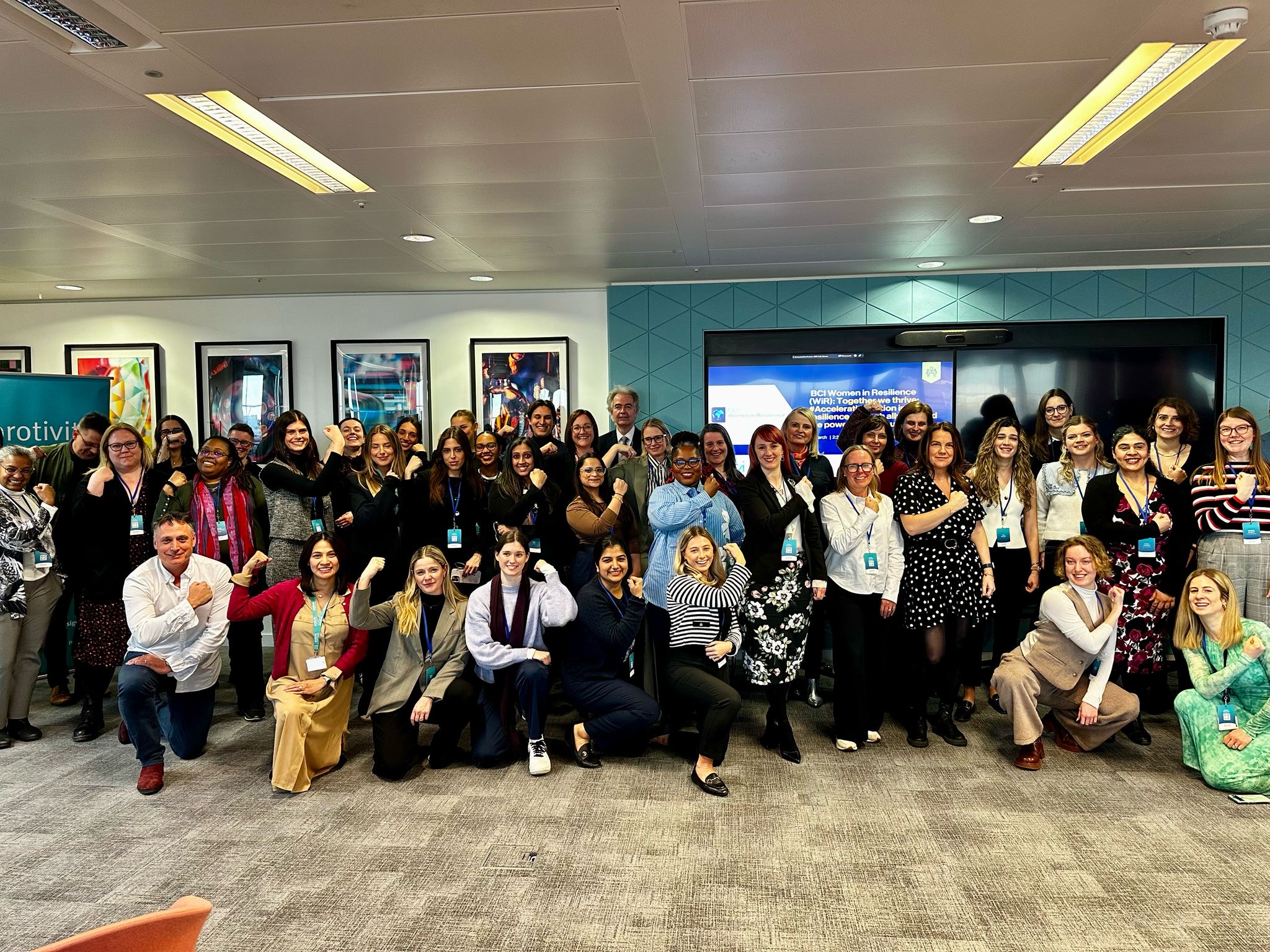
5 of 8
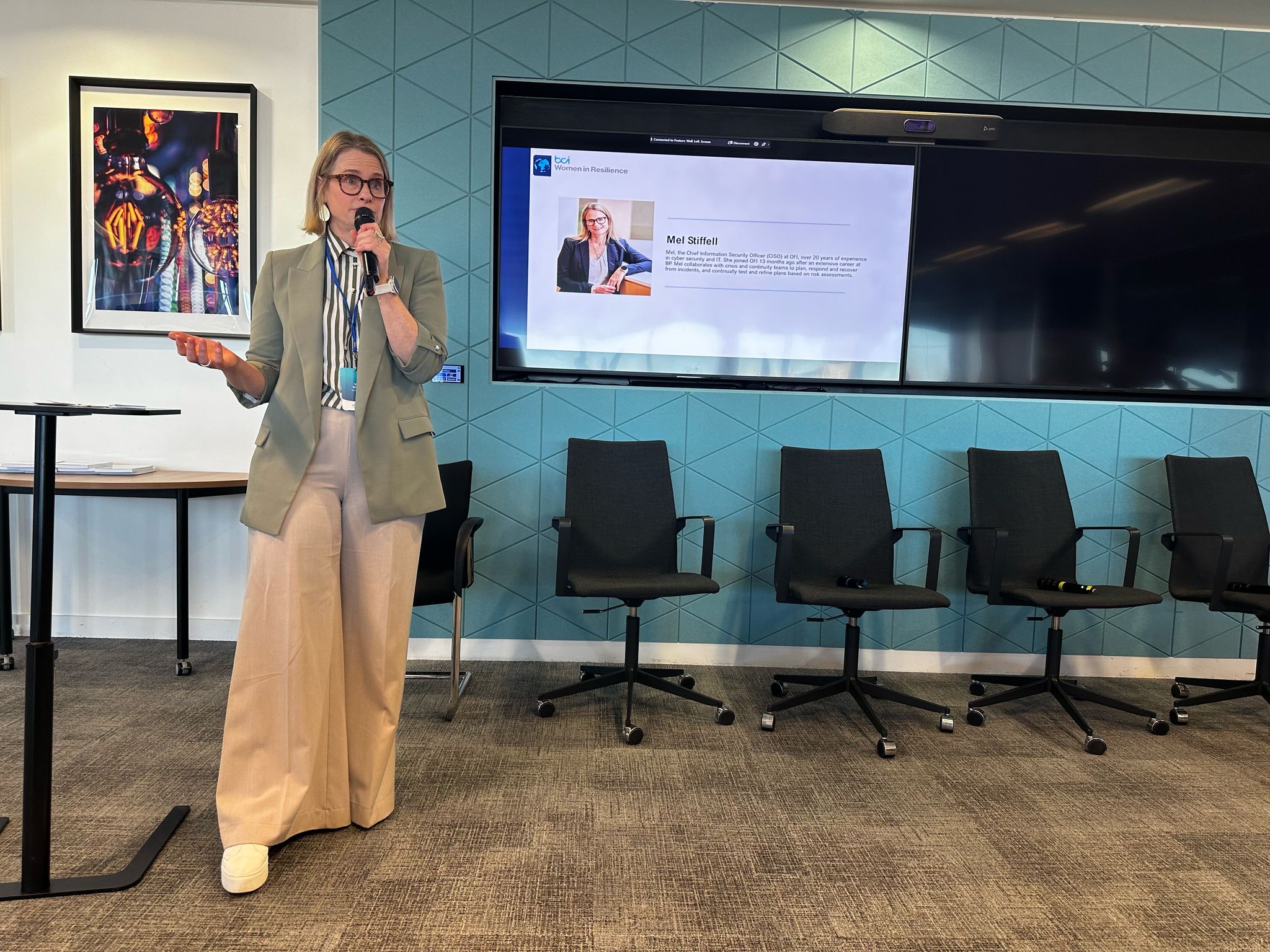
6 of 8
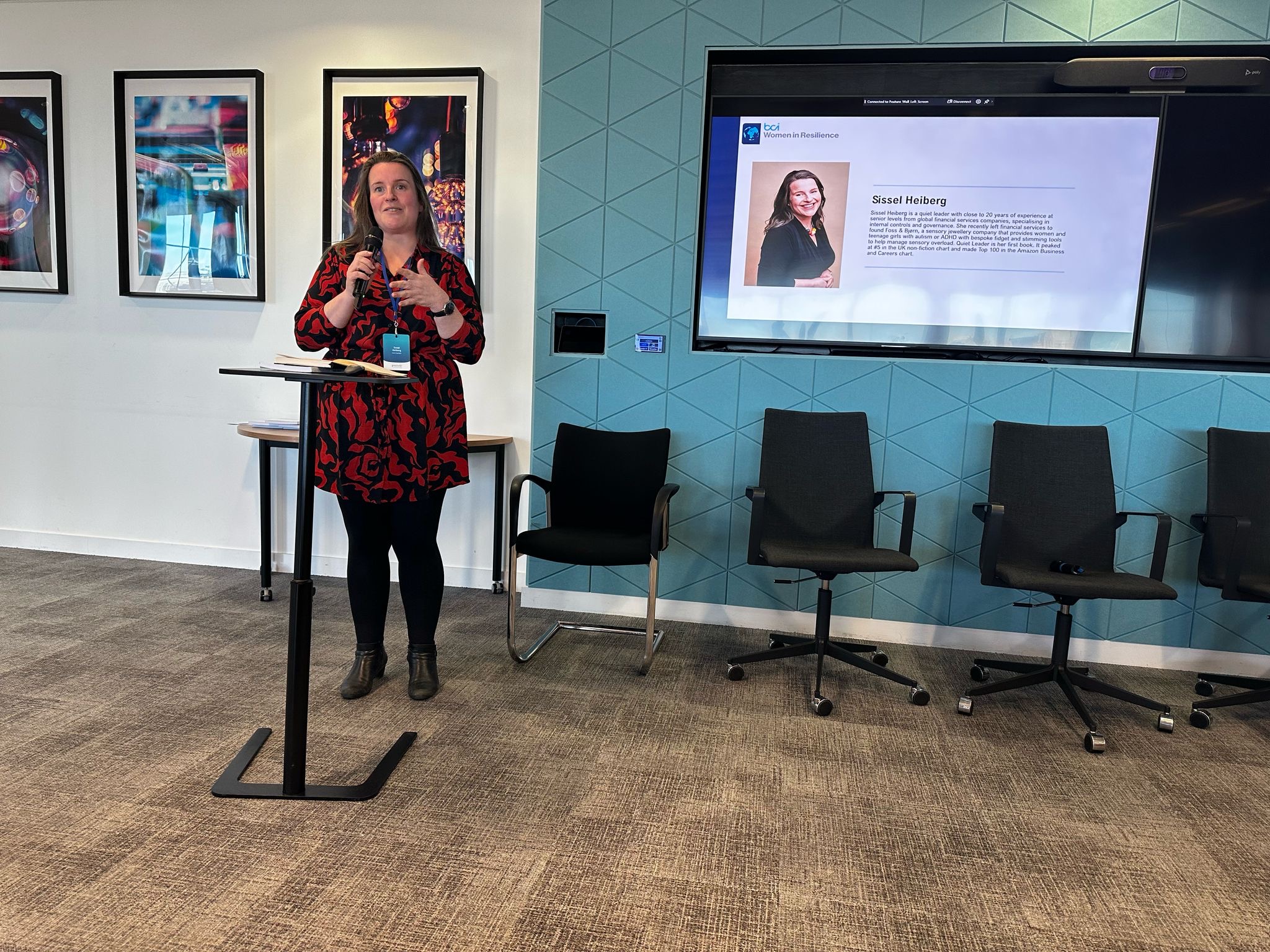
7 of 8
